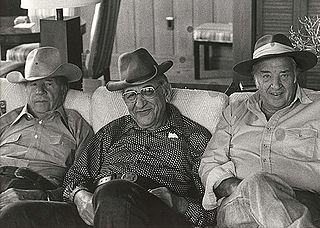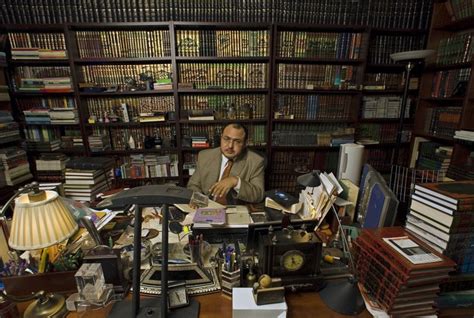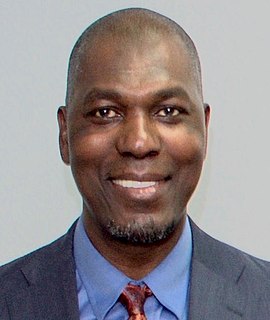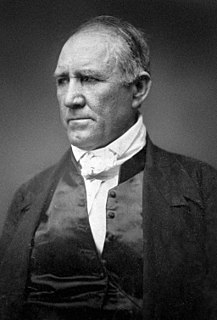A Quote by Bernard Lewis
Muslims have their own traditions. The important point to bear in mind is that the whole Muslim tradition is totally and unequivocally opposed to autocratic and oppressive government. This is very, very clear.
Related Quotes
Muslims naturally saw Christendom as their arch rival. One point that is really important to bear in mind, particularly in addressing an American audience, and that is that the Islamic world has a very strong sense of history. In the Muslim world, history is important and their knowledge of history is not always accurate but is very detailed. There is a strong historical sense in the Muslim world, a feeling for the history of Islam from the time of the Prophet until the present day.
I think the important point which I've been trying to get across is that Islam, from the very beginning, is strongly, clearly opposed to autocratic dictatorial government. The idea which we so often hear expressed in the Western world, that's how they are, that's how they will always be and they can't do anything else.
The word "democracy" is a Western word obviously. It doesn't exist in Arabic. Democratiya is a loan word. We in the Western world make the great mistake of assuming that ours is the only form of good government; that democracy means what it means in the Anglo-American world and a few other places in the West, but not many others. Muslims have their own tradition on limited government. Now in Islam, there is a very strong political tradition. Because the different circumstances, Islam is political from the very beginning.
I would like to study Judaism. I feel that my own Jewish education was really quite superficial from a certain point of view. Although I think the values were very clear and were presented very clearly, there's - there were aspects of the whole tradition that were not emphasized. And, you know, I've come to those areas myself as I've grown older. But I would like to go deeper.
Democracy is essentially a means, a utilitarian device for safeguarding internal peace and individual freedom. As such it is by no means infallible or certain. Nor must we forget that there has often been much more cultural and spiritual freedom under an autocratic rule than under some democracies and it is at least conceivable that under the government of a very homogeneous and doctrinaire majority democratic government might be as oppressive as the worst dictatorship.
Muslims are very keenly aware of the history of their community, of the history of that relationship between their community and the rest of the world. And they have had this all through the centuries and are very much heightened by modern communications. I mean now you have Muslims in the Muslim world who can compare their situations with people elsewhere and they find that very humiliating.
When I was playing, I didn't realize how much of an impact I would make on people, Muslim or non-Muslim. We played a lot of games during Ramadan. On national TV, the announcers were commenting about Ramadan, and this raised the awareness to the general public and we made all the Muslims very, very proud.
Tolerance has been a very important feature of Christianity from its very roots, despite all the other things that have gone on since. And that, I think, must be the global perspective. Tolerance implies more than saying, "Well, let the Muslims go on with what they are doing." It also means trying to learn something from them and adding that to your own tradition. That is the attitude I think needs to inform the global citizen of the future.
One of the misperceptions that exists in the Muslim world, which needs to be fixed, is the perception that Muslims in America are - are - are living in - in very, very, very bad circumstances. They cannot practice religion freely. It is not the truth at all. The fact is, we are practicing. We fast, we pray, we do our prayers.
I have ever been opposed to banks, - opposed to internal improvements by the general government, - opposed to distribution of public lands among the states, - opposed to taking the power from the hands of the people, - opposed to special monopolies, - opposed to a protective tariff, - opposed to a latitudinal construction of the constitution, - opposed to slavery agitation and disunion. This is my democracy. Point to a single act of my public career not in keeping with these principles.



































